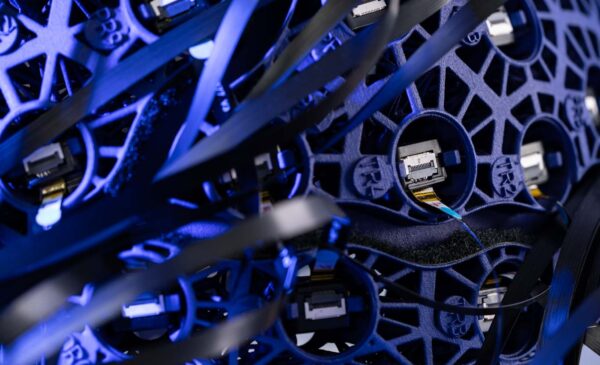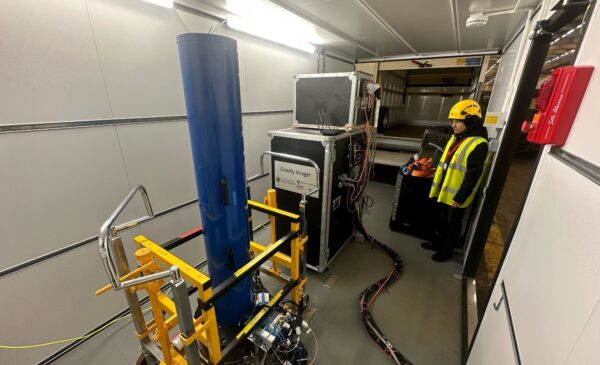Research activities undertaken by the Quantum Technology Hub for Sensors and Metrology have been included as examples of recent outstanding successes in quantum research in a government press release issued in March 2018.
The press release announced a further £20 million investment in Quantum Technologies as part of the Industrial Strategy Challenge Fund: joint research and innovation, which is delivered by UK Research and Innovation through Innovate UK and the Engineering and Physical Sciences Research Council (EPSRC) to ensure research and innovation has a strong presence in the government’s Industrial Strategy. Significant investment has been targeted at developing technologies which can help businesses, and in turn the UK, to access global markets and the industries of the future.
The Cold Atoms Space Payload (CASPA) was specifically detailed in the press release. The project, funded by Innovate UK and partnered with the University of Birmingham, the University of Southampton’s Optical Research Centre, Cohesion, XCAM, Clyde Space and Gooch & Housego, uses cold atoms science (when atoms are cooled to absolute zero using lasers) to develop highly precise sensors for measuring gravity.
The project is led by a team at Teledyne e2v, who are working on building a small satellite payload to generate cold atoms in space to test the core building blocks of a future cold atom instrument. The project’s objective is to prove that it has built a viable platform for cold atoms technology in space, which will be the first time this has been achieved on a free-flying satellite.
This development will have a huge impact on sectors such as navigation and environmental monitoring, as it is able to map the changes in gravity across the Earth. According to Steve Maddox, a Systems Engineer based at Teledyne e2v and Systems Engineer and Technology Translation lead at the Quantum Technology Hub, the technology will be useful for ‘predicting droughts, predicting floods, on a reasonably large scale. […] Other applications could include measurement of the polar ice caps, ocean currents and sea level and also for use in deep space navigation.’
Project CASPA should be ready for flight in 2020, soon after the project’s official end date.
The Hub’s research and development into building gravity sensors to locate hazards such as sinkholes and mineshafts has also been featured as a case study in the press release. This will potentially save the UK economy millions of pounds once developed, as the sensors are able to locate hazards underground much more rapidly and precisely than ever before.
For further information on the Government’s Industrial Strategy, visit their website at https://www.gov.uk/government/topical-events/the-uks-industrial-strategy.




